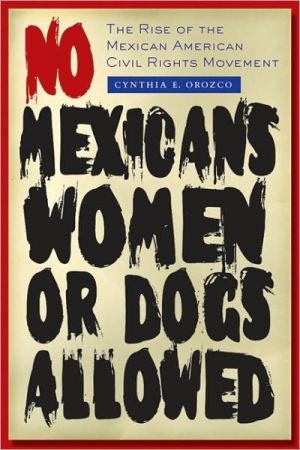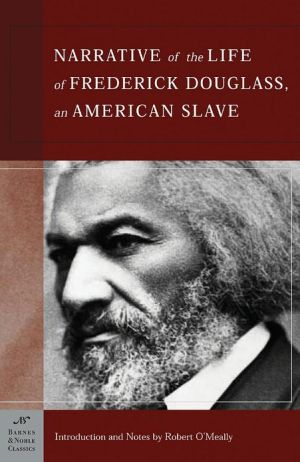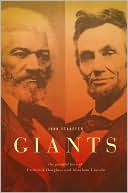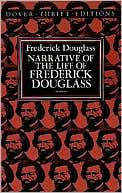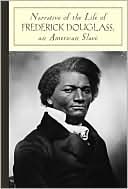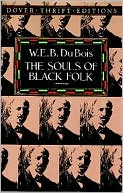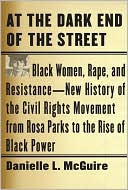No Mexicans, Women, or Dogs Allowed: The Rise of the Mexican American Civil Rights Movement
Founded by Mexican American men in 1929, the League of United Latin-American Citizens (LULAC) has usually been judged according to Chicano nationalist standards of the late 1960s and 1970s. Drawing on extensive archival research, including the personal papers of Alonso S. Perales and Adela Sloss-Vento, No Mexicans, Women, or Dogs Allowed presents the history of LULAC in a new light, restoring its early twentieth-century context.\ Cynthia Orozco also provides evidence that perceptions of...
Search in google:
Founded by Mexican American men in 1929, the League of United Latin-American Citizens (LULAC) has usually been judged according to Chicano nationalist standards of the late 1960s and 1970s. Drawing on extensive archival research, including the personal papers of Alonso S. Perales and Adela Sloss-Vento, No Mexicans, Women, or Dogs Allowed presents the history of LULAC in a new light, restoring its early twentieth-century context.Cynthia Orozco also provides evidence that perceptions of LULAC as a petite bourgeoisie, assimilationist, conservative, anti-Mexican, anti-working class organization belie the realities of the group's early activism. Supplemented by oral history, this sweeping study probes LULAC's predecessors, such as the Order Sons of America, blending historiography and cultural studies. Against a backdrop of the Mexican Revolution, World War I, gender discrimination, and racial segregation, No Mexicans, Women, or Dogs Allowed recasts LULAC at the forefront of civil rights movements in America.
Acknowledgments ixIntroduction 1Part 1 Society and Ideology 151 The Mexican Colony of South Texas 172 Ideological Origins of the Movement 40Part 2 Politics 633 Rise of a Movement 654 Founding Fathers 925 The Harlingen Convention of 1927: No Mexicans Allowed 1206 LULAC's Founding 151Part 3 Theory and Methodology 1817 The Mexican American Civil Rights Movement 1838 No Women Allowed? 196Conclusion 221Appendices 231Notes 241Selected Bibliography 299Index 309
